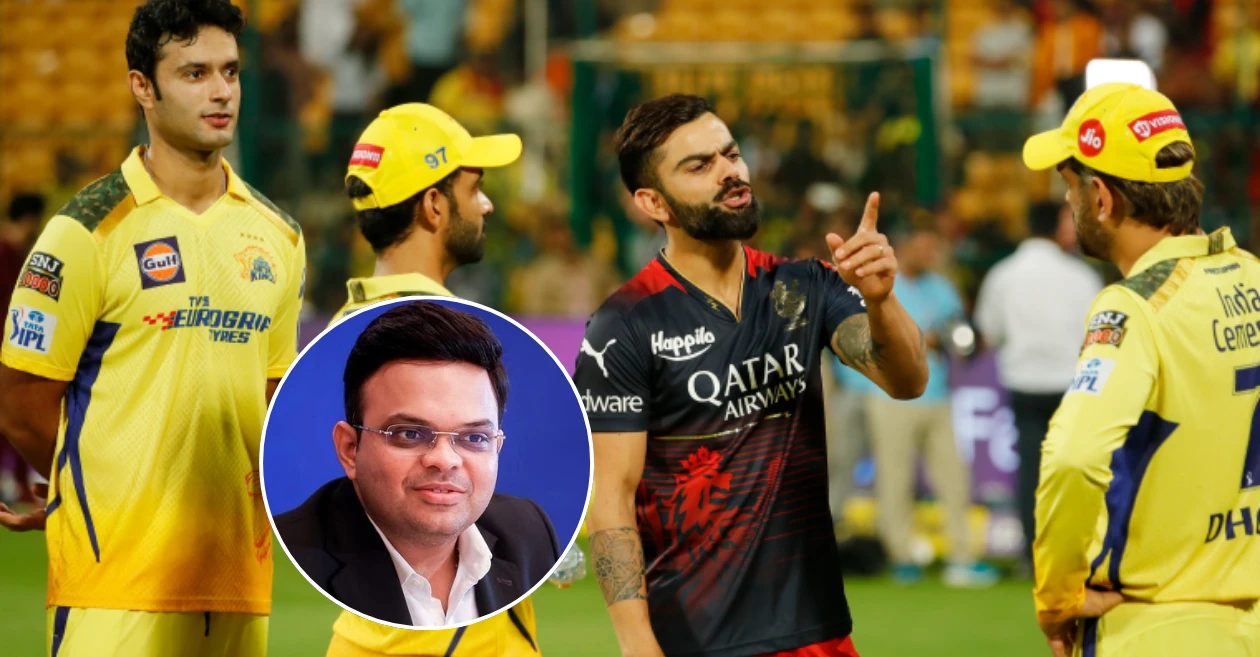Table of Contents
BCCI Secretary Jay Shah has revealed that the board is still considering to increase the number of Indian Premier League (IPL) matches from the current 74 to 84 starting from the 2025 season. However, Shah stressed that the decision will be made after factoring in the workload of the players and the availability of a suitable window for the expanded tournament.
Balancing players workload and the viewers engagement
In an interview with the Economic Times, Shah stated, “We have not taken a call on organising 84 matches in IPL 2025 since we also have to factor the load on the players due to the increase in matches. While it’s (84 matches) part of the contract, it’s up to the BCCI to decide whether to organise 74 or 84 matches.”
The increase in matches was proposed in the BCCI’s media rights and sponsorship contracts, which also included plans to further expand the tournament to 94 matches by 2027. However, Shah’s comments suggest that the board is cautious about the impact an expanded IPL could have on the players’ workload, given the already packed international calendar.
According to several reports, the IPL franchises are in favour of an 84-match tournament to boost their revenue, while the broadcasters – Star India and Viacom18 – prefer retaining the 74-game format to avoid potential viewer fatigue and challenges in ad monetization.
Also READ: Rinku Singh reveals why he prefers to join RCB if released by KKR ahead of IPL 2025 auction
Ongoing discussions on the IPL 2025 mega auction and players’ retention
Shah also addressed the ongoing discussions regarding a mega auction for the 2025 season and the maximum number of permitted retentions, stating that the board is still in the process of reaching a consensus with the franchises. He acknowledged that while some teams favour a mega auction to build a strong squad, others prefer to retain their existing core group for consistency.
As the BCCI navigates these crucial decisions, the coming months will be crucial for the future of the IPL. The board’s ability to balance the interests of the franchises, broadcasters, and the well-being of the players will be key in shaping the direction of the league in the years to come.
